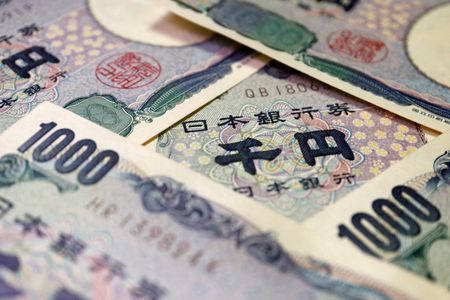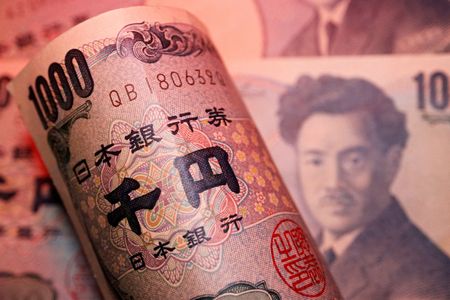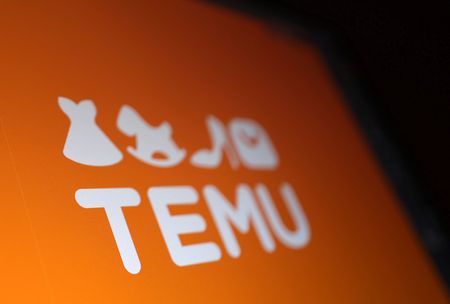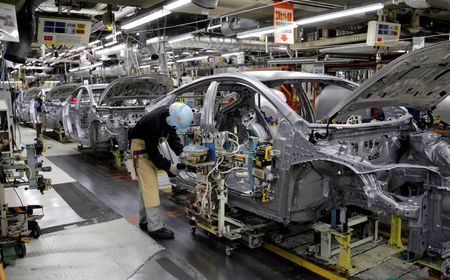By Leika Kihara
CAPE TOWN (Reuters) – Japan’s top currency diplomat, Atsushi Mimura, said on Wednesday he did not see any disparity between recent rises in the yen and a slew of positive economic data, underscoring Tokyo’s view that the currency’s rebound was broadly in line with an improving economy that could justify hikes in Japan’s interest rates.
Mimura said recent Japanese data, including fourth-quarter gross domestic product, has shown the country’s economy was in “fairly good shape.”
Japan has also seen some strong data on price growth with headline consumer inflation hitting 4% in January and import prices rising on a year-on-year basis, he told reporters on the sidelines of a Group of 20 finance leaders’ meeting in Cape Town, South Africa.
“The Bank of Japan is issuing various messages on its monetary policy outlook, taking into account such economic data,” he said, when asked about the yen’s recent rises.
“I don’t see any disparity” between the BOJ’s messages and recent yen moves, he added, suggesting it was natural for the currency to rise in response to the central bank’s recent hawkish message signaling the chance of a near-term rate hike.
“Given high uncertainty, we must continue to scrutinise how speculative moves could affect financial markets, not just currency rates,” Mimura said.
Mimura oversees Japan’s currency policy, including its decision on whether and when to intervene in the exchange-rate market to arrest any volatile moves in the yen.
The yen has rebounded against the dollar on growing market prospects that the BOJ will continue to raise interest rates, while the U.S. Federal Reserve eyes cutting borrowing costs.
The yen stood around 149 to the dollar on Wednesday, well off the three-decade low near 162 hit last year.
The BOJ ended a decade-long massive stimulus last year and raised its short-term interest rate to 0.5% from 0.25% in January on the view that Japan was on the cusp of sustainably achieving its 2% inflation target.
BOJ Governor Kazuo Ueda has said the central bank will keep raising interest rates if Japan continues to make progress in durably achieving 2% inflation backed by solid wage growth and domestic demand.
Japan’s recent foray in the currency market has been focused on preventing sharp declines in the yen, which gives exports a boost but hurts consumption and retailers by inflating the cost of raw material imports.
Japan’s economy grew an annualised 2.8% in the final quarter of last year on improved business spending and a surprise increase in consumption, shoring up the central bank’s case for more interest rate hikes.
Headline consumer inflation, including fresh food prices, hit a two-year high of 4.0% in January, accelerating from 3.6% the previous month, as rising food and fuel costs added to mounting inflationary pressure from higher wages.
A majority of economists polled by Reuters expect the BOJ to hike rates once more this year, most probably during the third quarter, to 0.75%.
(Reporting by Leika Kihara; Editing by Alexander Winning, Paul Simao, Leslie Adler and Daniel Wallis)









